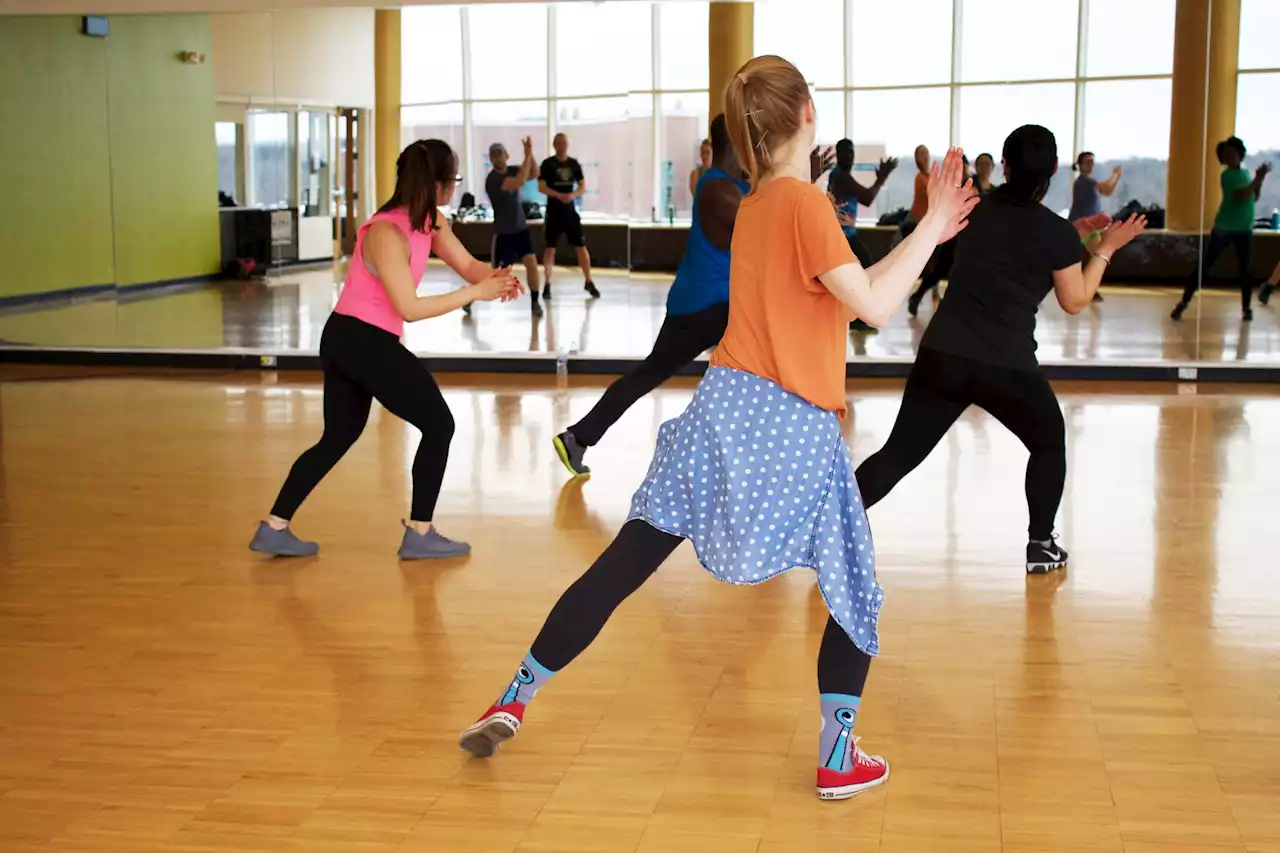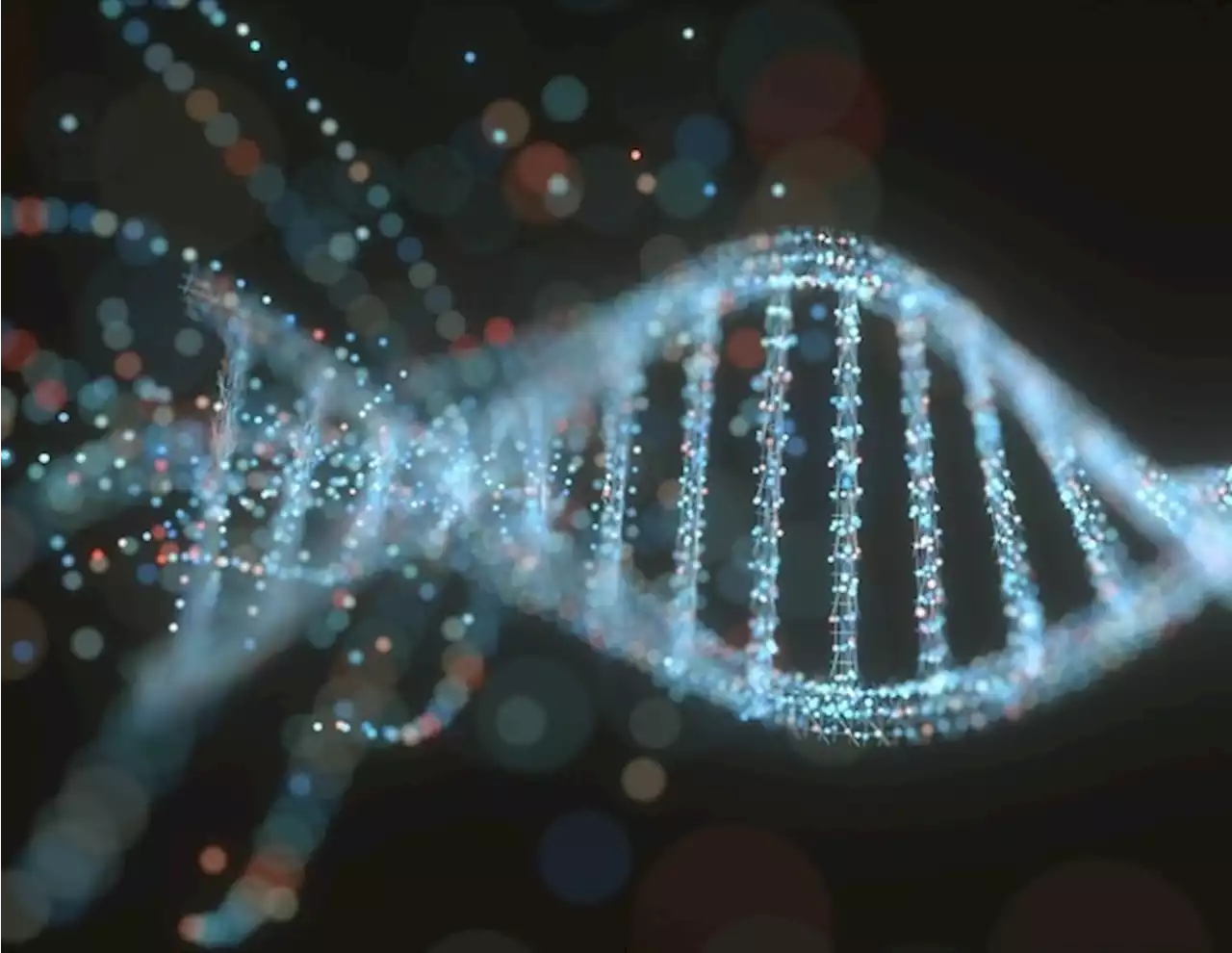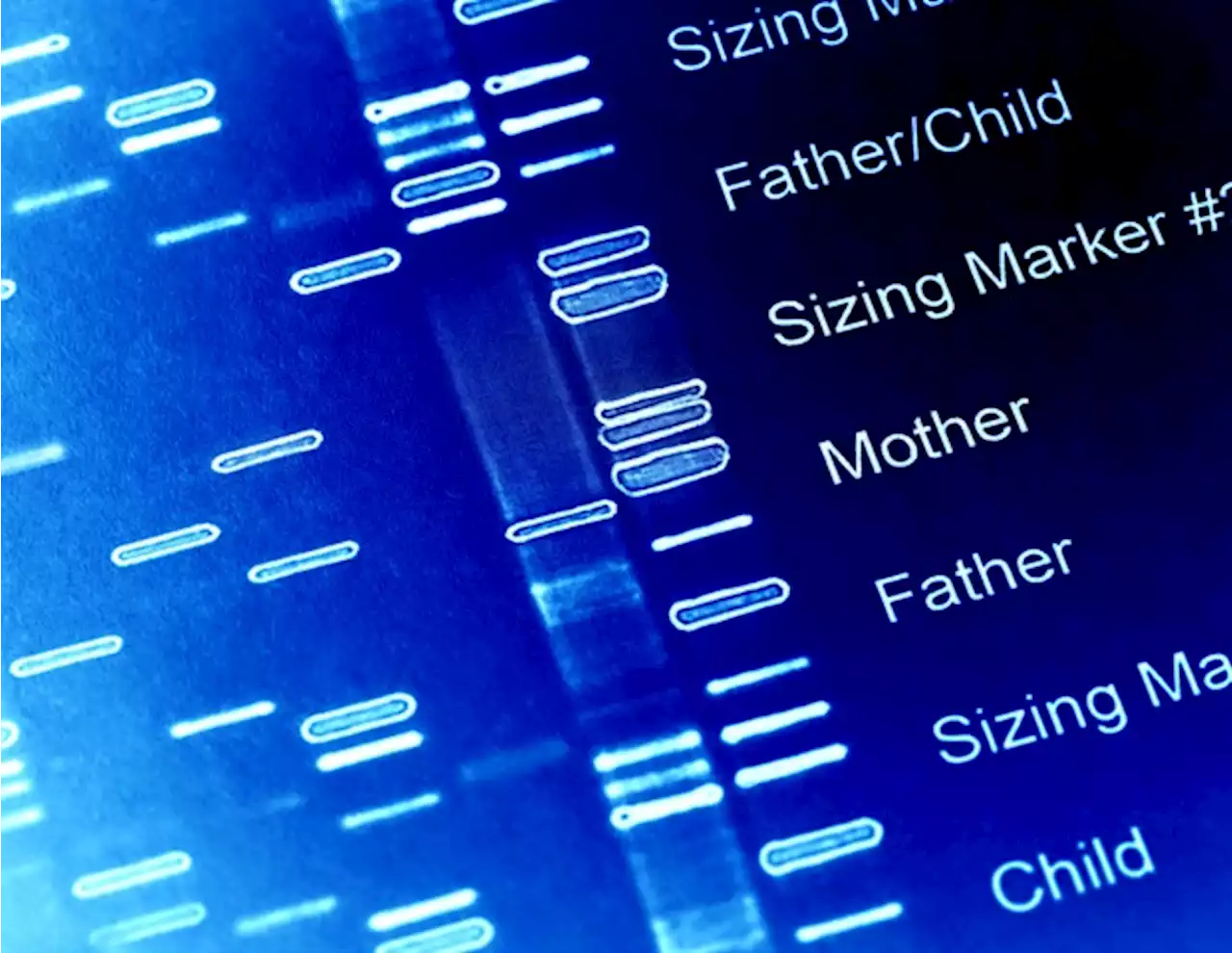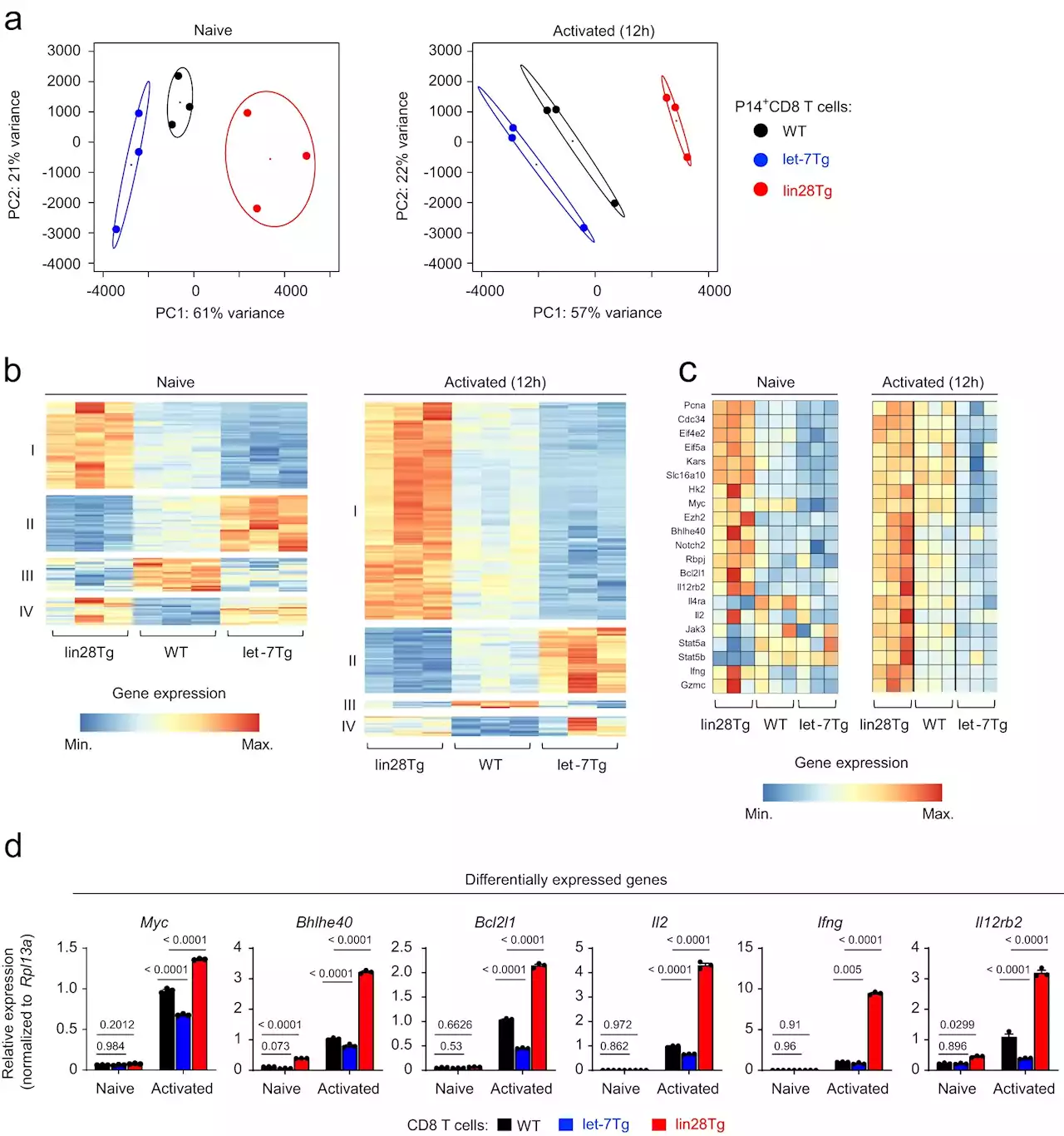Two nationally recognized experts in cloning and stem cell science from the University of Houston, Wa Xian and Frank McKeon, are reporting that five lung stem cell variants dominate the lungs of patients with advanced cystic fibrosis (CF), and that these variants drive key aspects of CF pathology including inflammation, fibrosis and mucin secretion.
, we identified five stem cell variants common to lungs of patients with advanced CF, including three that show hyperinflammatory gene expression profiles and drive neutrophilic inflammation upon xenografting to immunodeficient mice," said Xian, research professor in biology and biochemistry.
"We found that CFTR-modulating drugs did not suppress the proinflammatory activity or gene expression of the three CF variants that drive inflammation," reports McKeon, professor of biology and biochemistry and director of the Stem Cell Center, in the"These findings raise the possibility that these inflammatory stem cell variants are the source of the persistent inflammation in patients treated with CFTR modulators.
to augment the major therapeutic advances brought by CFTR modulators. Identifying such lead drugs is a major effort in the Xian-McKeon laboratory, in collaboration with the Center for Drug Discovery, the UH Sequencing Center and colleagues in the Department of Chemistry and the Center for Biotechnology at Texas A&M in the Texas Medical Center.
Australia Latest News, Australia Headlines
Similar News:You can also read news stories similar to this one that we have collected from other news sources.
 Emergency crews scrambled to two crashes in countyEmergency crews rushed to two crashes both involving two vehicles on Tuesday afternoon.
Emergency crews scrambled to two crashes in countyEmergency crews rushed to two crashes both involving two vehicles on Tuesday afternoon.
Read more »
 New study reveals connection between dance movements and mood regulationAn interdisciplinary research team led by researchers at the Max Planck Institute for Empirical Aesthetics (MPIEA) in Frankfurt am Main, Germany, in collaboration with researchers from the Max Planck Institute for Biological Cybernetics in Tübingen, Germany, the University of Glasgow, UK, and the Technical University of Munich, Germany, has made a significant finding regarding the impact of dance movements on emotional states. The results have recently been published in the British Journal of Psychology.
New study reveals connection between dance movements and mood regulationAn interdisciplinary research team led by researchers at the Max Planck Institute for Empirical Aesthetics (MPIEA) in Frankfurt am Main, Germany, in collaboration with researchers from the Max Planck Institute for Biological Cybernetics in Tübingen, Germany, the University of Glasgow, UK, and the Technical University of Munich, Germany, has made a significant finding regarding the impact of dance movements on emotional states. The results have recently been published in the British Journal of Psychology.
Read more »
 Research uncovers a link between antiviral drug for COVID-19 and SARS-CoV-2 mutationsResearchers at the Francis Crick Institute, the University of Cambridge, Imperial College London, the University of Liverpool, the University of Cape Town and UKHSA have uncovered a link between an antiviral drug for COVID-19 infections called molnupiravir and a pattern of mutations in the SARS-CoV-2 virus.
Research uncovers a link between antiviral drug for COVID-19 and SARS-CoV-2 mutationsResearchers at the Francis Crick Institute, the University of Cambridge, Imperial College London, the University of Liverpool, the University of Cape Town and UKHSA have uncovered a link between an antiviral drug for COVID-19 infections called molnupiravir and a pattern of mutations in the SARS-CoV-2 virus.
Read more »
 Researchers crack the genetic code of rare form of kidney cancerThe genetic code of a rare form of kidney cancer, called reninoma, has been studied for the first time. In the new paper, published today (25th September) in Nature Communications, researchers at the Wellcome Sanger Institute, Great Ormond Street Hospital and The Royal Free Hospital also revealed a new drug target that could serve as an alternative treatment if surgery is not recommended.
Researchers crack the genetic code of rare form of kidney cancerThe genetic code of a rare form of kidney cancer, called reninoma, has been studied for the first time. In the new paper, published today (25th September) in Nature Communications, researchers at the Wellcome Sanger Institute, Great Ormond Street Hospital and The Royal Free Hospital also revealed a new drug target that could serve as an alternative treatment if surgery is not recommended.
Read more »
 Researchers show how a small strand of RNA is key to fighting cancerA team of researchers at the University of Massachusetts Amherst has shown that a single, small strand of microRNA, or miRNA, known as let-7, governs the ability of T-cells to recognize and remember tumor cells. This cellular memory is the basis for how vaccines work. Boosting cellular memory to recognize tumors could help improve cancer therapies.
Researchers show how a small strand of RNA is key to fighting cancerA team of researchers at the University of Massachusetts Amherst has shown that a single, small strand of microRNA, or miRNA, known as let-7, governs the ability of T-cells to recognize and remember tumor cells. This cellular memory is the basis for how vaccines work. Boosting cellular memory to recognize tumors could help improve cancer therapies.
Read more »
 Medical researchers tackle immune rejection of biomedical implantsTo learn more about what causes the body to reject biomedical implants, a team at the University of Arizona College of Medicine-Tucson identified a protein that appears to help drive this response, and hopes their discoveries will improve the design and safety of biomedical implants. The findings were published today in Nature Biomedical Engineering.
Medical researchers tackle immune rejection of biomedical implantsTo learn more about what causes the body to reject biomedical implants, a team at the University of Arizona College of Medicine-Tucson identified a protein that appears to help drive this response, and hopes their discoveries will improve the design and safety of biomedical implants. The findings were published today in Nature Biomedical Engineering.
Read more »
